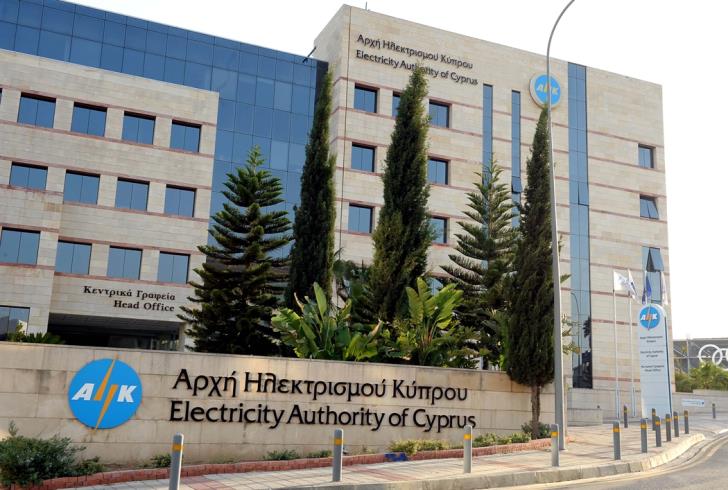The cost of electricity for households will be significantly reduced from today and for the next two months, after the decision of the Energy Regulatory Authority for a reduction of 10% in the bills of the bills directly related to electricity, as part of the measures of the consequences of the coronavirus epidemic.
At the same time, the fuel cost of each kilowatt hour consumed is reduced very slightly, from 4,8442 cents to 9,14 cents, which is the basic cost per kilowatt hour, the fuel cost will be 4,7665, ie the reduction of fuel costs. is only 0,65%, while the general impression was that it would be more noticeable, due to the fall in international fuel prices from last month.
Specifically, the average fuel price calculated by the EAC for February was € 505 per metric ton while for March it decreased to € 501 per metric ton. The reason that this reduction is very limited in relation to the fall in international prices, is on the one hand the fact that the EAC fuel mixture for fuel cost calculation purposes includes fuel stocks obtained at higher prices, but also the mixture (diesel - fuel oil) that consumes depending on which production units are in operation.
In practice, for an average household consuming 800 kilowatt hours per month, despite the fact that the reduction in net electricity costs is 10,65%, its final bill will be reduced by 9,8% compared to the bill, despite the slight reduction in the fee of Public Utility Services (YDO), which he would receive for the same consumption, since the other charges remain the same, such as the fee of RES, VAT, etc. This means about € 20 less per two months for a household.
The EAC will apply the 10% reduction in electricity bills from tomorrow, boosting the liquidity of households and businesses with € 10 million for a period of two months.
The cost of the 10% reduction in electricity bills will be borne by the EAC and is estimated at around € 10 million, although the actual reduction in revenue for the EAC due to coronavirus will be significantly higher, as a reduction of approximately 10% in the total electricity consumption due to the closure of many production units, hotels, offices, shops, schools, etc.
RAAEK's decision for the "minus 10%" will be re-evaluated before the end of its two-month implementation based on the then data and developments on the coronavirus front.
